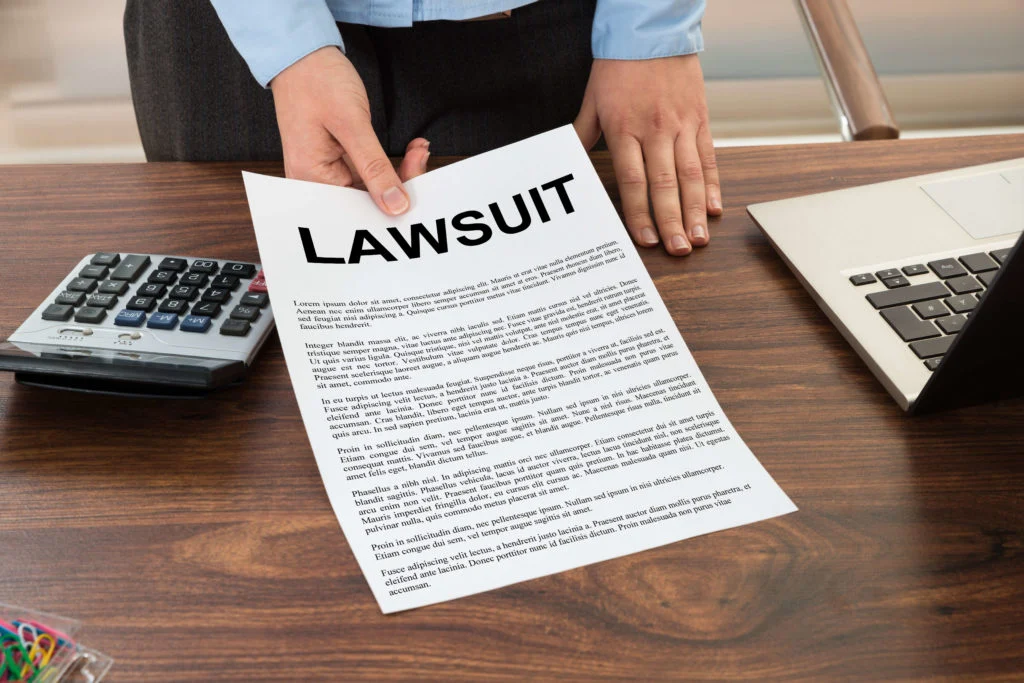What is a Severance Package?

A severance package is a sum of money an employer provides to an employee who leaves their job. The amount and type of compensation vary according to the length of service, position, and employer. Severance packages are often used if an employee resigns from their job. If you have been asked to leave your job, you may be entitled to receive a severance package from your employer.
Severance packages can be paid in one lump sum or as a series of payments over a period of time. They may also include benefits such as retirement plans or health insurance coverage, although this isn’t always the case.
Many companies offer severance packages for employees who are being let go for economic reasons, such as downsizing or restructuring. But they may not always cover all the costs associated with termination.
What to Do If You Are Denied a Severance Package?

If you are denied a severance package, there are some things that you can do.
1. Enquire if the company has a policy
You need to ask whether the company has a policy on handling severance packages. If so, ensure you know what it says and how it works in practice. If not, then make sure that you know who to contact at the company, who is responsible for handling such matters and when to expect a response from them.
2. Check your rights under the law
Be sure to check your rights under federal and state laws for workers’ compensation benefits when being denied a severance package. If you are injured on the job or become ill due to workplace hazards, then you may be able to receive workers’ compensation benefits from your employer’s insurer.
3. Get legal help
Before taking action or making any decisions regarding getting back pay or severance benefits, it is important to consult with an experienced employment law attorney from tjworkplacelaw.com who can advise you on how best to proceed with your claim and protect your rights as an employee.
It’s crucial to be represented by an attorney who understands your situation and can help you navigate the complicated process of severance pay. A good lawyer will advise you on whether or not you have any grounds for appeal and what steps you can take next. The lawyer may negotiate with the company for a better offer or even file an unfair labor practice charge against them if they don’t give you what they promised you after all.
File an appeal with the EEOC

If your employer is being unfair, they can’t expect to get away with it forever. Once they deny your request for severance pay, the EEOC (Employees’ Rights Commission) might also want to hear from you. Your lawyer may file a formal appeal on your behalf, which will pressure your employer to make things right again. If this doesn’t work, then there are other ways that employers can be forced into giving employees their full entitlement under the law- filing a lawsuit against them in court.
File a grievance with your union representative
If the company has not decided on your severance request within six months of your date of termination, you’re eligible to file a grievance with the local union representative. The union representative will help you negotiate a settlement and file an unfair labor practice charge against the employer if necessary. You should also submit any documentation that supports your claim, such as pay stubs and tax records from the time of termination through the end of the year or until your last paycheck.
When Not to Sign a Severance Package?
You plan to sue your employer

If you plan to sue your employer, you should think twice before signing a severance package. If you succeed in court, the company will be liable for all your legal costs, including your attorneys’ fees. Obviously, that is not good news for the company and could lead to changes in its policies regarding employee relations.
Your company has wronged you
If your company has wronged you, it’s in your best interest to be able to prove it in court. A severance package won’t protect your job if they fire you for something that isn’t related to your performance.
You’ve been fired from another job
If you’ve been fired from another job in the past few months, it could potentially affect the severance package that your new employer offers, as well as any unemployment benefits that might be available. If you think this might be an issue, talk with an employment attorney before signing any agreement with the new company so they can make sure there aren’t any legal issues with their offer or the way they handled things after firing you from the old job.
Don’t have an attorney
If you’re unsure or new to managing your own legal affairs and do not have an attorney, you should always seek the advice of an experienced attorney before signing any severance package. If you are required to sign a severance agreement because of your job, you must understand what exactly is being offered and what it means for your future employment with the employer.
Inadequate severance package

Severance packages are not just for laid-off workers. They can also be used by other workers, such as employees who have left their job voluntarily or those who have been terminated for cause. While the severance package is designed to help you get back on your feet, knowing how much money is being offered and what it covers is essential.
Lack of severance benefits
In some cases, companies fail to provide beneficial employee benefits such as health insurance and 401(k) matches during separation from employment. This may seem like a small thing to overlook, but it’s actually a big deal because it shows that the company doesn’t value its employees’ time as much as its customers do. It’s also important to remember that severance packages are not intended to replace these benefits. They’re meant to help employees transition into new careers while getting paid at least enough to continue living above the poverty line.
Finally, to get the most out of a severance package, you need to know your rights, the benefits of signing it, and exactly how the process works.




